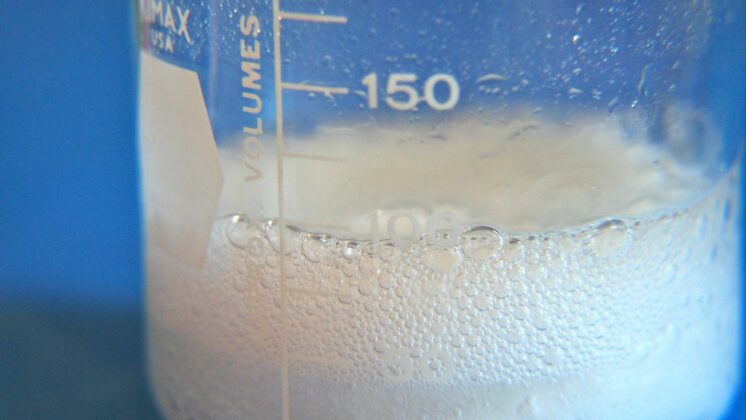Toxic industrial chemicals and wastes flow through the world of manufacturing and production, including the electronics industry. These post a wide range of health and environmental concerns especially in developing countries where most of the production take place.

Despite the massive peoples’ movements to regulate chemical hazards and ban toxic substances, per- and polyfluoroalkyl substances (PFAS) are still slipping the radar because of regrettable substitution process, according to a deep dive article originally published in the independent news site, Salon.
“Regrettable substitution” is a term used to illustrate how chemical companies make slight or minor modifications to a banned substance to circumvent regulations. The article emphasises that corporations create numerous modifications of PFAS making it look like they are manufacturing a different variety. Simply put, a company could tell a regulatory body that they are not using the same hazardous chemical or toxic substance, because technically, they are not.
With names of chemicals changed or altered, as well as the complex chemistry involved in making such, the process in turn creates a limitless number of “forever chemicals” found in wide range of products available in the world.
What make PFAS even more challenging is that we cannot easily visually identify them, making it more difficult for people to prove if PFAS is present in what they are buying or consuming, let alone know the presence of PFAS in wastes that might contaminate their surroundings.
The full article written by Matthew Rosza is posted here.







